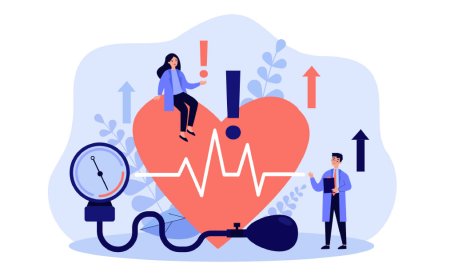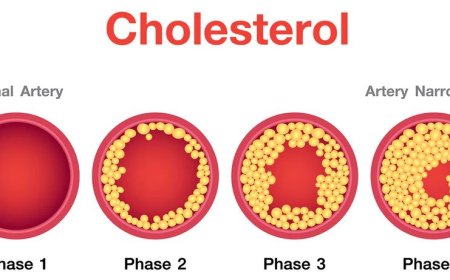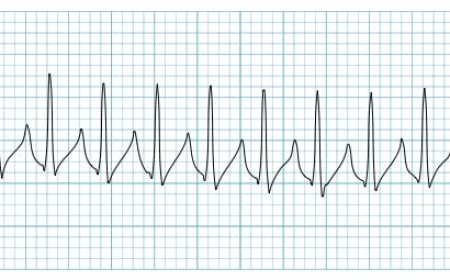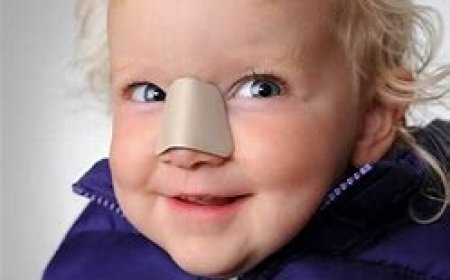Brain cancer
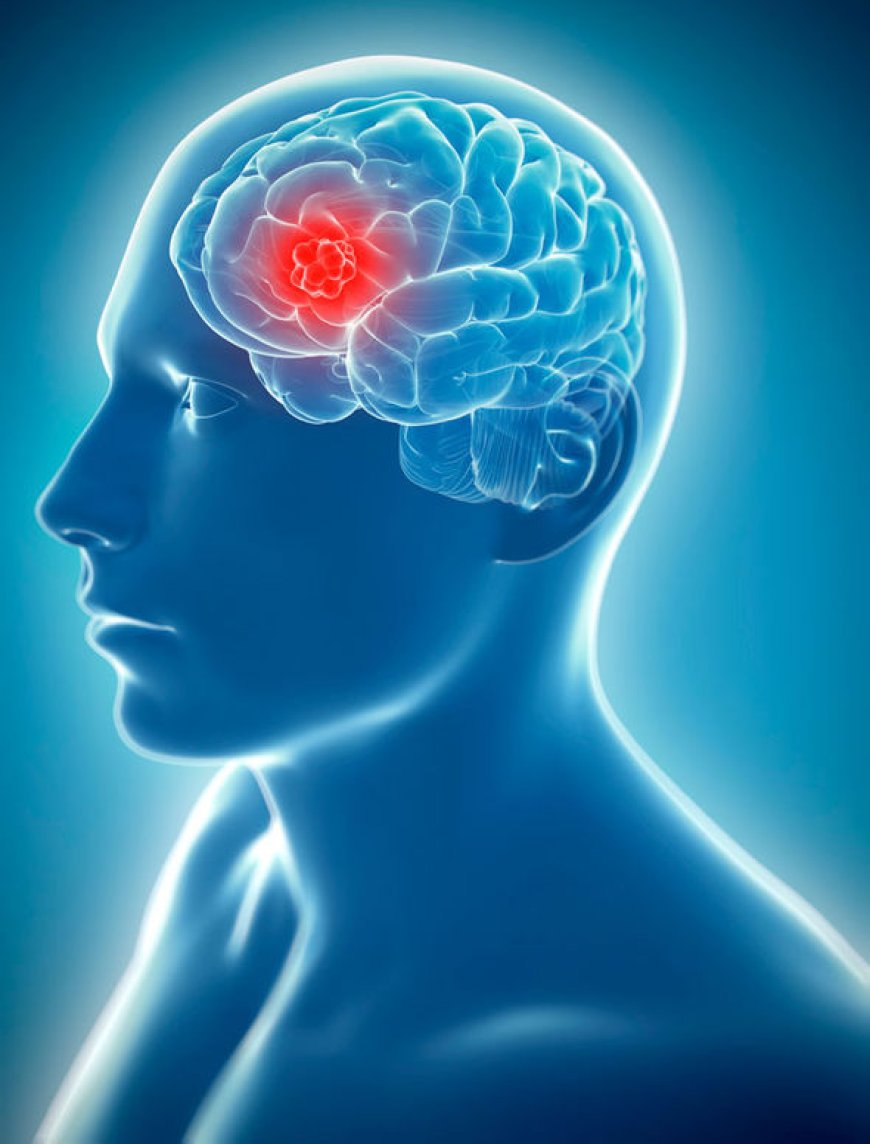
Introduction:
Brain cancer is a serious and life-altering disease that affects many people across the globe, including in India. In this article, we will explore the signs and symptoms of brain cancer, understand what it is and how it is classified, delve into its causes and risk factors with relatable examples, learn about the different types of brain cancer, discuss diagnostic tests and treatments with simple explanations, and finally, explore prevention techniques to protect ourselves.
Signs and Symptoms:
Brain cancer can manifest in various ways, and the symptoms can differ depending on the location and size of the tumor. Some common signs include persistent headaches, nausea, vomiting, changes in vision, difficulty in walking or balancing, seizures, and memory problems. For example, imagine having a headache that doesn't go away for days and makes it hard to concentrate on schoolwork or play with friends. If any of these symptoms persist, it's essential to seek medical attention.
What Is Brain Cancer?
Brain cancer is a disease that occurs when abnormal cells grow uncontrollably in the brain. These abnormal cells form a mass called a tumor, which can interfere with the brain's functions and cause various problems. It is crucial to diagnose and treat brain cancer early to increase the chances of recovery.
How Is Brain Cancer Classified?
Brain cancer can be classified into two main types: primary and secondary (metastatic) brain cancer. Primary brain cancer originates in the brain itself, while secondary brain cancer occurs when cancer from other parts of the body spreads to the brain. An example of secondary brain cancer could be breast cancer spreading to the brain if not detected and treated early.
Causes and Risk Factors:
The exact causes of brain cancer are not always clear, but some risk factors can increase the likelihood of developing it. For example, exposure to harmful radiation, like certain medical treatments or excessive use of cell phones, can be risk factors. Other risk factors include a family history of brain cancer or certain genetic conditions. It's essential to protect ourselves from harmful radiation by using devices safely and minimizing unnecessary exposure.
Types of Brain Cancer:
Brain cancer can be further categorized into different types based on the type of cells affected and the location of the tumor. Some common types include gliomas, meningiomas, medulloblastomas, and pituitary adenomas. Each type has different characteristics and requires specific treatment approaches. For example, gliomas are tumors that develop from glial cells in the brain and can be challenging to treat.
Diagnostic Tests and Treatments:
To diagnose brain cancer, doctors use various tests like MRI, CT scans, and biopsies. An MRI (Magnetic Resonance Imaging) uses strong magnets and radio waves to create detailed images of the brain, helping doctors see if there's a tumor. A CT scan (Computed Tomography) is another type of imaging test that creates cross-sectional images of the brain.
If brain cancer is detected, treatments may include surgery, radiation therapy, and chemotherapy. Surgery involves removing as much of the tumor as possible. Radiation therapy uses high-energy rays to kill cancer cells, and chemotherapy uses drugs to target and destroy cancer cells. These treatments can be challenging, but they are crucial in fighting brain cancer and helping patients get better.
Complications of Brain Cancer:
Brain cancer and its treatments can lead to various complications, such as memory problems, difficulty with movement, and changes in personality. It's essential for patients to have a strong support system and work with healthcare professionals to manage these complications and improve their quality of life.
Prevention Techniques:
While we cannot completely prevent brain cancer, we can take some steps to reduce our risk. Avoiding unnecessary exposure to radiation, maintaining a healthy lifestyle with a balanced diet and regular exercise, and protecting our heads from severe injuries can help lower the risk of brain cancer.
Brain cancer is a challenging disease, but with early detection, proper treatment, and support from loved ones, patients can face it bravely. It's essential for us to be aware of the signs and symptoms, take preventive measures, and seek medical help if we ever face any concerning health issues. Together, we can work towards raising awareness about brain cancer and supporting those affected by it in India and around the world.
What's Your Reaction?





































